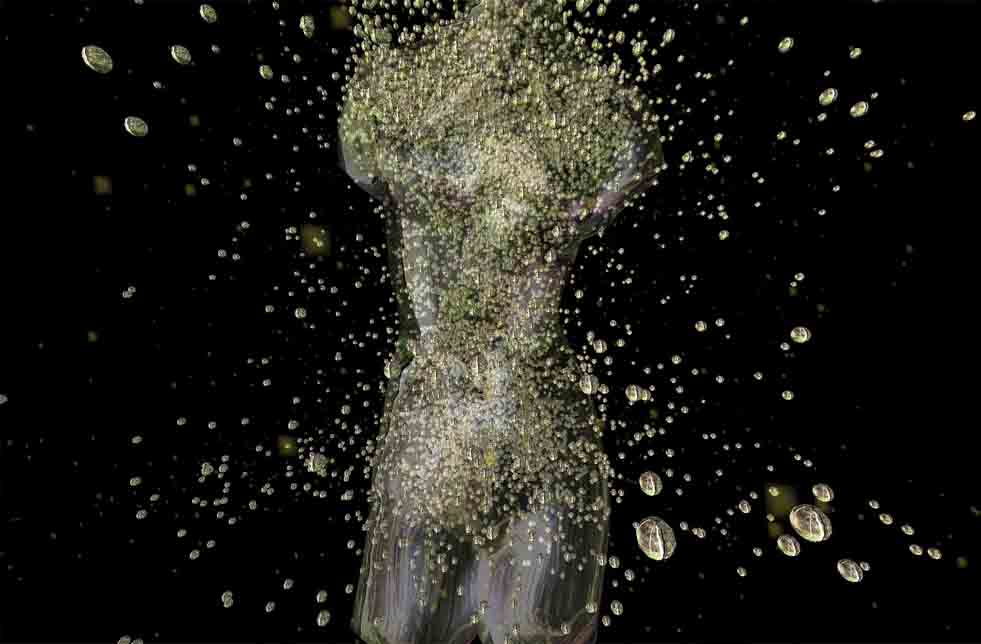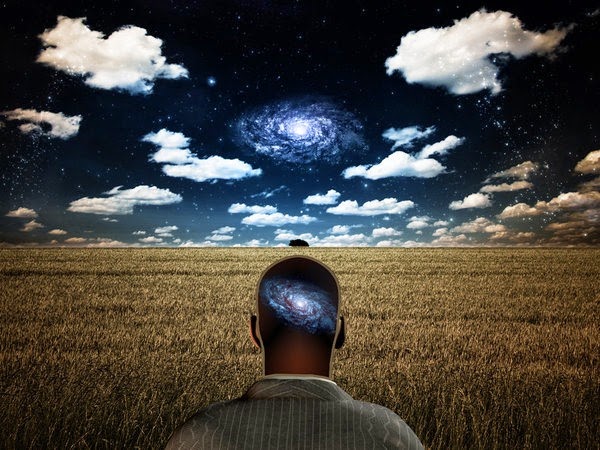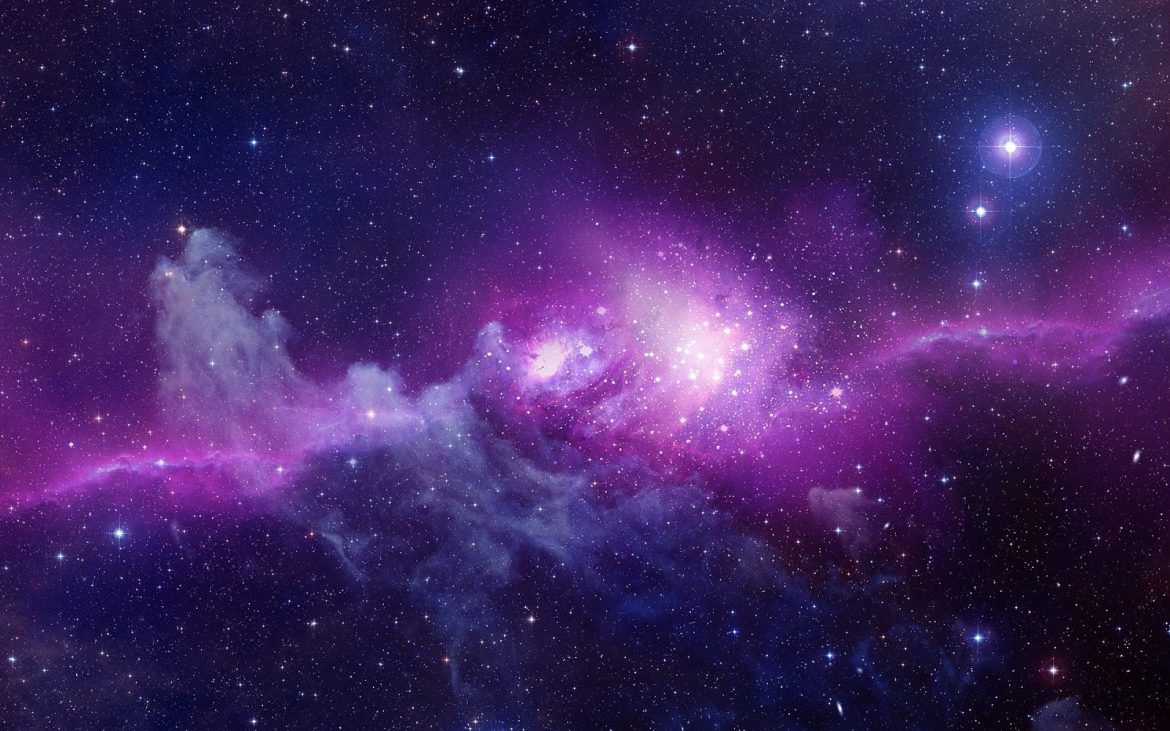In the West, and especially in America, our entire concept of the individual has to be redefined at the emotional level. As things are, we’re not in-dividuals; we are dividuals.
The vast majority of people, including intellectuals, accept the conveniently consumeristic definition of an individual—an autonomous unit, living in separate families—blended, stirred, or crushed.
The pernicious conditioning of the personal self holds that we are free-floating entities. That has made people like fish swimming in a cultural sea so opaque that most don’t see its influence on them at all.
This pathology of willful ignorance extends to the point that most Americans believe the culture is something ‘out there,’ beyond them and their families. The culture is what they see on the news—the random shootings and mass murders; the twitter of the child-man the body politic has manifested the White House; the daily drumbeat of sensational and sentimentalized events on the news.
 This presents a great paradox. The more blind we are is to the culture, the more we are determined by it, and the more identical we are to all the other interchangeable dividuals in it. On the other hand, the more self-knowing and aware of the culture we are, the more distinct and different we are as true individuals.
This presents a great paradox. The more blind we are is to the culture, the more we are determined by it, and the more identical we are to all the other interchangeable dividuals in it. On the other hand, the more self-knowing and aware of the culture we are, the more distinct and different we are as true individuals.
But isn’t perception an individual (read personally idiosyncratic) thing, and no two ‘perspectives’ are the same? Isn’t the truth a matter of ‘my truth’ and ‘your truth?’
There is another way altogether of approaching the truth, and seeing the individual. Though we can never be completely certain, we can see things as they are, and realize that beyond scientific, legal or journalistic facts, insight and truth are open to us. And we can see ourselves like the cells of a body, inseparable from the organism as a whole.
In this worldview, every individual has a more or less permeable membrane through which the good or bad, false or true of the culture passes. Character is the quality of the membrane, the capacity to see the true and filter out the false from the culture in which we swim.
When the culture is intact, the permeability of the individual cell’s membrane is not so important. But when the culture becomes toxic, as American culture has, permeability is a measure of character. That is, the less permeability, the more character.
However we humans are extremely adaptive creatures, even when it becomes maladaptive to be so. Now that the globalizing American culture is a toxic sea, very few have the clarity of perception and strength of character not to adapt by becoming inwardly dead. Hence the endless series and spinoffs of “The Walking Dead.”
The human brain has the capacity to be a vessel for the cosmic mind, the

intelligence that imbues all energy, matter and space. The evolution of “higher thought“ gave our brain this potential, yet thought is a tremendous impediment to his realization.
Why is that? Why does the brain not rest in stillness and silence rather than suffocate in the accretions of psychological memory passed down by the culture and over the millennia? Why would God, metaphorically speaking, set the bar so high?
A friend asks, “Is it because infinite intelligence knows we have this tremendous capability as humans for a tremendous vessel capacity, and is letting us participate as fully as in the evolution of it?”
That’s a compelling question, and if humans weren’t fragmenting the Earth all to hell (climate change, the Sixth Extinction), it might have much merit. But the contradiction begs the question.
The Earth that gave rise to the human brain with its scientific/technological capability (as well as its latent spiritual capacity) is being destroyed by one of its creatures using its scientific/technological capability. So the question stands.
Perhaps the biggest reason that thought is such an impediment is individualism—the emotionally held belief in the separate self. We don’t see ourselves as a cell within the body of human consciousness as a whole; we see ourselves in personal units unto ourselves. That doesn’t just play and pay very well for a consumeristic society; it makes people conduits for collective darkness.
Through self-knowing attentiveness to the movement of thought in the mirror of nature, we can quiet consciousness as we know it, and thereby allow the brain to be a vehicle for receiving the numinous. Then consciousness has a completely different meaning, which is true freedom.
Martin LeFevre

